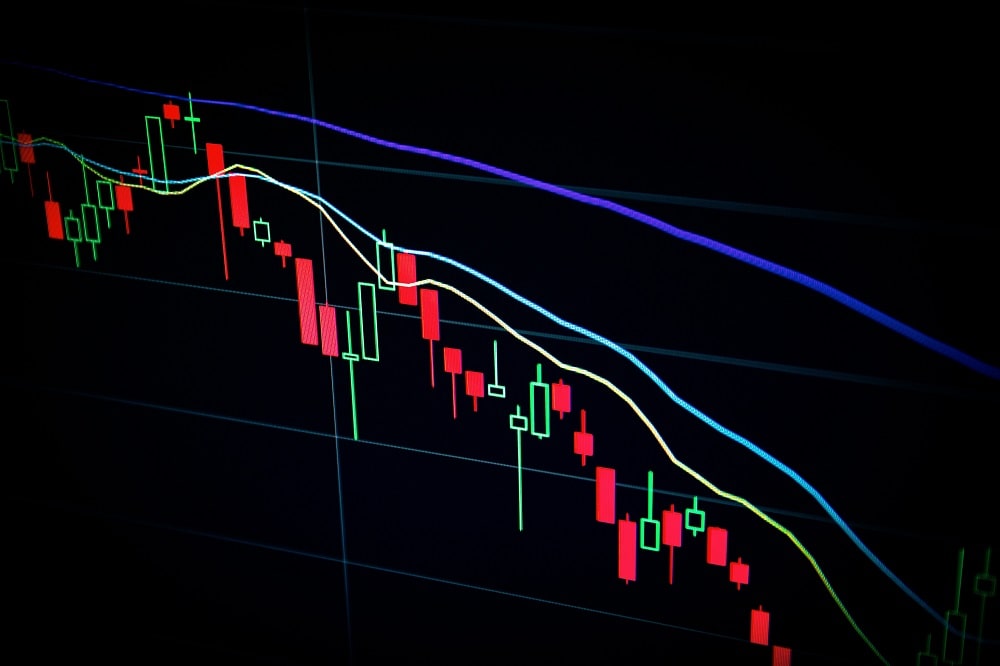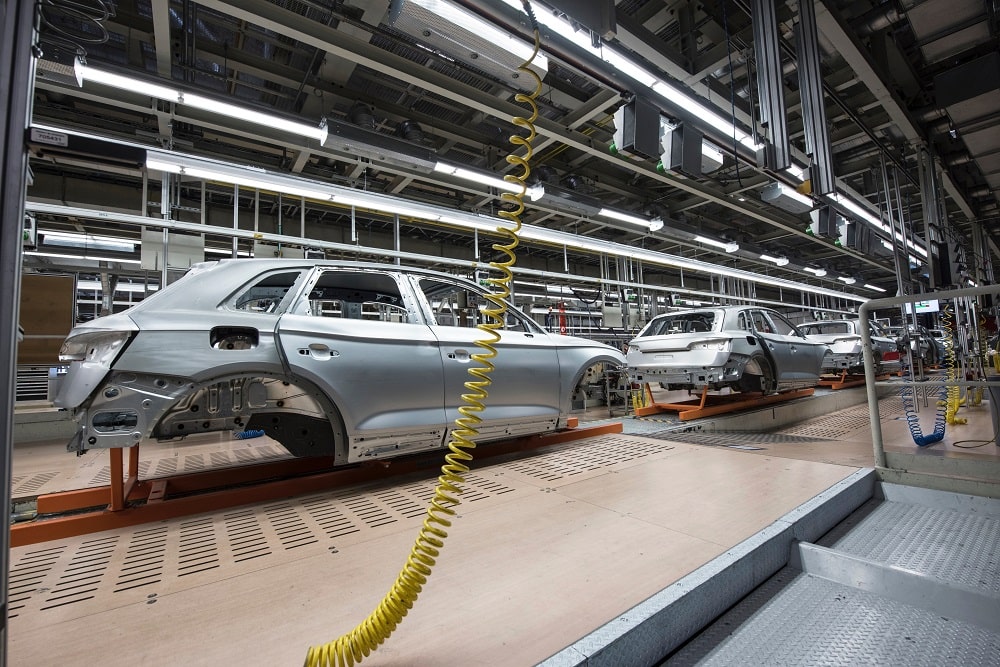The UK economy in 2023 is about to fall into a black hole because of its own government. The UK Economy in 2023 has been facing a lot of crises for a long time now.
The manufacturing industry lost 9.2 (E&T) percent of its revenue in 2022, dropping from £636 billion to £577 billion, and it employed 1.7% less people than in 2021. Recently In October, factory activity in both the United States and the United Kingdom fell at their fastest rates since the middle of 2020. Business surveys released on Tuesday revealed a drop in global factory output in October due to prolonged supply interruptions and dimming recovery hopes caused by widespread recession fears, high inflation, and China's zero-COVID policy. Russia's invasion of Ukraine has caused inflation to skyrocket worldwide as supply networks already recovering from the coronavirus outbreak were hammered anew.
In the United Kingdom's industrial sector, the decline continued last month, with new orders falling at the quickest rate seen since May 2020. According to the manufacturing buyers' index (PMI) compiled by S&P Global, a significant decrease in the amount of new work received, sluggish demand for exports, and disruptions in the supply chain all contributed to a reduction in production as well as employment.

Despite the fact that this number was higher than the earlier flash estimate of 44.8, the PMI has now fallen below the neutral line of 50 for three consecutive months. The indicator reached its lowest point in 29 (Reuters) months in October, coming in at 46.2, down from 48.4 the previous month. A decrease in activity is indicated by any reading that is less than 50.
The lackluster performance of sales to international customers during the period was reflected in the decline in the new export business for the ninth consecutive month. This was owing to the global economic situation being worse, Chinese demand getting weaker, the war in Ukraine, and continued concerns related to Brexit restricting export performance.
The production of consumer, intermediate, and investment goods all went down, with output falling the most in the intermediate goods sector. Investment goods also performed particularly poorly. The decrease in the number of new orders received did, however, result in an increase in the quantity of finished goods in stock. S&P said that there was a rise in inventories for the sixth month in a row, albeit at the slowest pace seen since June.
The data also revealed that job losses had been reported for the first time since 2020. These job losses "reflected redundancies, cost management initiatives and problems in both attracting and keeping workers and certain skill sets," according to the data.

The overall worsening scenario has brought down corporate optimism to a level not seen in over 2.5 (LondonLovesBusiness) years. Confidence has been harmed as a result of weak demand, worries about recession, inflationary pressures, and rising levels of uncertainty.
"No wonder the UK's manufacturers were down in the dumps with the lowest optimism for the year ahead in two and a half years as the burden of potential rail strikes affecting freight added to their downbeat assessment," said John Glen, chief economist at the Chartered Institute of Procurement & Supply.
"Manufacturing may not be the largest sector of the United Kingdom's economy, but its importance is evident as supply disruptions continue elsewhere and additional capacity is needed domestically to keep the wheels running for customers and consumers alike."

The respondents to the study predicted that output levels would be greater in one year, with approximately 43% of them making this prediction. This prediction was reinforced by the introduction of new products and the potential reduction in economic and political volatility.
At the beginning of the fourth quarter, price inflation remained strong despite the fact that both input prices and output charges were rising at rates that were above the survey average. Nevertheless, the rates of increase in both price measures slowed down a little bit in the month of October.
Companies have stated that prices have increased for a diverse range of products. In addition to chemicals, electronics, energy, food, metals, packaging, paper, and lumber, there were other items as well. Also included were things like paper and packaging. The prices of transportation and administration both went up as well.

There was a discussion of how the conflict in Ukraine, general inflationary pressures, and the value of the pound in relation to other currencies all contribute to pricing increases.
"There is evidence that the UK manufacturing sector is starting to contract," said Simon Jonsson, UK head of industrial products at KPMG. "As consumer and business demand dips, whilst the impact of inflation is being felt on operational costs," he added.
"The instability of the pound, a decreasing order pipeline, and expectations surrounding interest rates all create a gloomy picture for the manufacturing sector," said one analyst. "The manufacturing industry is facing a number of challenges." The problem is made even worse by the fact that a large number of businesses are still dealing with a lack of supplies.

"Parts of the industrial sector are putting a hold on post-pandemic capacity growth since there is not a solid pipeline of new work, and even worse, some firms are making redundancies in order to save money on operational expenses. Since late 2020, this is the first month in which there has been a loss of manufacturing jobs.
"The United Kingdom is home to a robust manufacturing sector, and industry leaders are looking forward with great anticipation to the government's autumn statement on November 17 in the hopes that the government will outline its plan to keep the economy in the United Kingdom competitive."

Global inflation has risen as supply chains still recovering from the coronavirus pandemic have been impacted by Russia's invasion of Ukraine, prompting consumers to cut back on purchases. Companies reported a wide range of things increasing in price. Products, including chemicals, electronics, energy, food, metals, packaging, paper, and wood, were among them. Expenses in areas such as transportation and management have also increased. It was discussed how the conflict in Ukraine, inflation in general, and the value of the pound all played a role in the price increases. The UK manufacturing sector shrank further last month, with new orders contracting at the highest rate since May 2020.
Also Read - UK is the only G7 country with a smaller economy than before Covid-19.
With a presence in New York, San Francisco, Austin, Seattle, Toronto, London, Zurich, Pune, Bengaluru, and Hyderabad, SG Analytics, a pioneer in Research and Analytics, offers tailor-made services to enterprises worldwide.
A leader in Data Analytics, SG Analytics focuses on leveraging data management & analytics and data science to help businesses discover new insights and build strategies for business growth. Contact us today if you are looking to make critical data-driven decisions to prompt accelerated growth and breakthrough performance.









